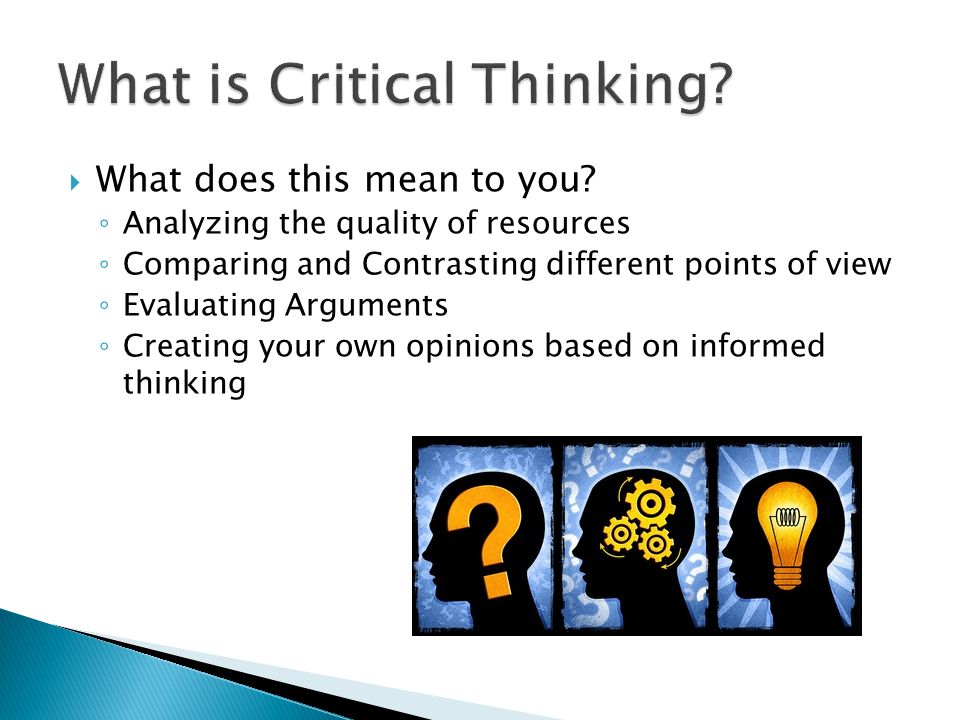
Last week’s subcommittee markup of Rep. Tim Murphy’s Helping Families In Mental Health Crisis Act is a step forward in the legislative process that ultimately could restructure our mental health care system. I asked two advocates with opposing points of view to share their thoughts about the more than ten hour markup session and explain why they are either against or support Murphy’s bill. Today (Tuesday – 11-10-15), I am posting a blog by Leah Harris, who opposes the Murphy bill. On Thursday (11-12-15), I will publish a blog written by D. J. Jaffe, who is a staunch supporter. I am grateful to Leah and D. J. for articulating their much different perspectives.
Change is a Choice: Reflections on the Markup of the Helping Families in Mental Health Crisis Act
By Leah Harris, Campaign for Real Change in Mental Health Policy
“Of all tyrannies, a tyranny sincerely exercised for the good of its victims may be the most oppressive.” — C. S. Lewis
I spent several hours reviewing the House Energy and Commerce Health Subcommittee markup of “The Helping Families in Mental Health Crisis” Act (H.R. 2646). Some supporters of the Murphy Bill claim that Democratic objections to the bill should be dismissed as typical partisan wrangling. But this markup was much less a matter of partisan politics and much more a question of just how to fix our broken system. It is a battle about resources: whether to focus on funding a few costly, late-stage crisis interventions that only apply to a very small subset of people, or to reform the system from the ground up with a focus on preventing the very crises that the bill purports to address. It is a battle between outdated, authoritarian approaches to care, versus collaborative, person-centered approaches that represent the latest in science and good medicine.
At the markup, Democrats put forward the same arguments against the bill that have been made by mental health service users and advocates since the first version of the legislation was introduced in December 2013. The laundry list of objections to the bill are far too numerous to reiterate in this piece, but can be found here and here. Arguments against the Murphy bill have rarely been heard in the mainstream media, which overwhelmingly endorse the bill and fail to include critical perspectives. For this reason, I was heartened to see clear critiques of the bill finally make it into the public record.
The very basis of the bill — to prevent future Newtown tragedies — is deeply problematic. This is not just a philosophical issue, but one of intent. To approach comprehensive mental health reform as a matter of public safety – as Congressman Murphy (R-PA) does — and not as a matter of public health, represents a failure out of the gate. Representative Murphy cannot have it both ways. He cannot say that most persons with mental health concerns are not generally violent, which is true; or that persons with mental health disabilities are 11 times more likely to be victims of violence, which is also true — while holding up a series of photographs of people who have committed violent acts as the impetus behind this bill.
Congressman Murphy repeats ad infinitum that “people with untreated serious mental illness are 15 times more likely to commit violence,” but fails to cite the most important finding of many of these studies – that such violence is more associated with substance use than psychiatric disability. Substance use raises the potential for violence across the population – not just for people with a diagnosed mental disorder. But his bill would take funding from substance use prevention and treatment to pay for late-stage, coercive, unproven mental health services. How does this make any sense? 
Congressman Murphy and his supporters also shut down any discussion of the egregious civil rights and health privacy concerns in the bill by shifting the focus to the “right to treatment,” or the “right to be well,” as if one right must necessarily cancel out the other. Why do we never consider the possibility of funding a continuum of quality supports, while also continuing to guarantee the same civil and privacy rights to persons with psychiatric disabilities as everyone else? We must move beyond such dichotomous thinking, which only serves to polarize.
One of the more frightening aspects of the markup was the GOP’s unwillingness to address provisions restricting systemic advocacy under the Protection and Advocacy for Persons with Mental Illnesses (PAIMI) program. My mother, who was diagnosed with schizophrenia at age 18, got the H.R. 2646 “solution” – involuntary outpatient commitment, beds, and meds. She died at age 46 as a direct result of metabolic syndrome due to extreme overmedication on antipsychotics. She was also deeply traumatized by being secluded and restrained over and over in inpatient settings.
If only my mother’s experience was unique. But in my fifteen years as an advocate, I have heard untold stories of people who were re-traumatized by their “care” when forced into inpatient settings. And many others have died as a result of abuse, neglect, and overmedication. It is right to point out the horrific abuses occurring in our jails and prisons, but we cannot and should not imagine that these abuses would be absent from the large institutions Representative Murphy wants rebuilt. As Representative Lois Capps (D-CA) noted, “Another bad system layered on a bad system before it is not going to do the trick. We have to tread carefully.” I agree. Restricting the activities of the PAIMI program would only further hurt the people most vulnerable to abuse and neglect.
Congressman Murphy expresses deep concern for the most marginalized people in society who are homeless or incarcerated with mental health issues. But his bill would do nothing to help them. Representative Pallone (D-NJ) did a good job of pointing out the logical flaws in Congressman Murphy’s rhetoric about homelessness and mental illness. “This bill is not going to deal with the person on the blanket who needs help…what are we doing to prevent homelessness so that the person doesn’t get to the point where they are sleeping on a blanket? …We have to start from the beginning. We can’t just look at the end. We have to provide housing, we have to provide treatment, and food…”
Representative Murphy has heard these same sorts of concerns from advocates for nearly two years now. I published an op-ed in The Pittsburgh Post-Gazette over a year ago advocating for more supportive housing and outreach services. He wrote a letter to the editor dismissing housing as “no substitute for treatment.” Earlier this year, a former member of Congressman Murphy’s staff asked me what should be done about the “homeless people in Chinatown.” I sent him a series of links and extensive research behind Housing First programs, which have phenomenal outcomes for persons with psychiatric disabilities who are chronically homeless. I never heard a word in response. This is typical of the approach of Congressman Murphy and his supporters: pretending to listen, while attacking, discrediting, or simply ignoring anyone who dares disagree – whether they are grassroots advocates or other members of Congress.
If Republicans were seriously concerned about access to services for the most vulnerable and marginalized people in our society, they wouldn’t have voted down Representative Butterfield’s (D-NC) amendment encouraging Medicaid expansion in the 20 states that haven’t adopted it. They wouldn’t have voted down Mr. Butterfield’s other amendment asking for Congress to study and address the social determinants of health that disproportionately affect minorities. The actions of Congressman Murphy and the other Republicans on the Health Subcommittee give me cause to question their commitment to minority mental health and that of people with mental health issues who are homeless and incarcerated.
Perhaps one of the most powerful statements in the markup came from Congressman Joe Kennedy (D-MA), in clear frustration with the GOP’s refusal to accept amendments addressing disparities in access to care for people living in poverty in rural areas: “When we say we can’t do it, that is because we are choosing not to do it.”
Congress does have a choice: to layer a bad system on top of another bad system, as Representative Capps noted, or to overhaul the whole continuum of care using proven, trauma-informed, culturally-competent public health approaches. That’s comprehensive mental health reform — not rearranging the deck chairs on the Titanic, as H.R. 2646 does.
Make no mistake: as my colleague Larry Drain observed, if this bill passes the House, it will pass because the GOP can pass it, not because it’s the right approach to reform. Everyone who cares about civil rights and positive health and social outcomes for persons with psychiatric disabilities will continue to fight this bill, until our concerns are taken seriously and addressed.
The Campaign for REAL Change in Mental Health Policy is a diverse group of professionals, researchers, policymakers, citizens, family members, and people in recovery who don’t necessarily agree on all points, but who are united in our belief that we can do better than what the Murphy bill proposes. We believe in basing policy on science and we believe in civil rights. Within that framework, we embrace different points of view, different language, and different visions for the future. We hope to facilitate a healthy discussion about how to move forward in a way that respects and includes all people, regardless of gender, color, religion, ethnicity, sexual orientation, or diagnosis.
At Leah’s request, a contribution was made to Pathways to Housing in DC in lieu of an honorarium payment for the writing of her blog contribution.



